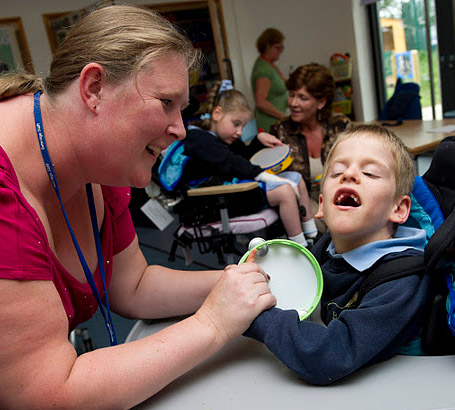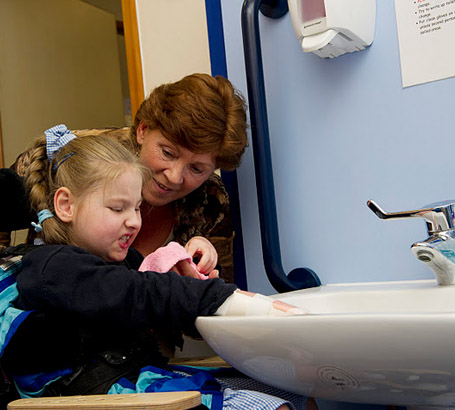
Safeguarding pupils in school must have the highest priority for all adults who work there. When children who have learning and physical difficulties are dependent on others to provide personal and medical care, there are many sensitive issues to consider.

The provision of personal and medical care during the school day cannot be an ad hoc process but must take place according to national and local government guidance.
To make this relevant to the children they work with, schools create their own policies which tell staff how to meet the personal and medical care needs of children within their own school environment.
In Working Together to Safeguard Children, the Department for Education (2010) promotes the following values in safeguarding privacy and dignity in personal care:

All training should place the child at the centre and
promote the importance of understanding the child's daily life experiences, ascertaining their wishes and feelings, listening
to the child and never losing sight of his or her needs.

All training should create an ethos that values working collaboratively with others (valuing different roles, knowledge and skills), respects diversity, promotes equality and encourages the participation of children and families in the safeguarding process.